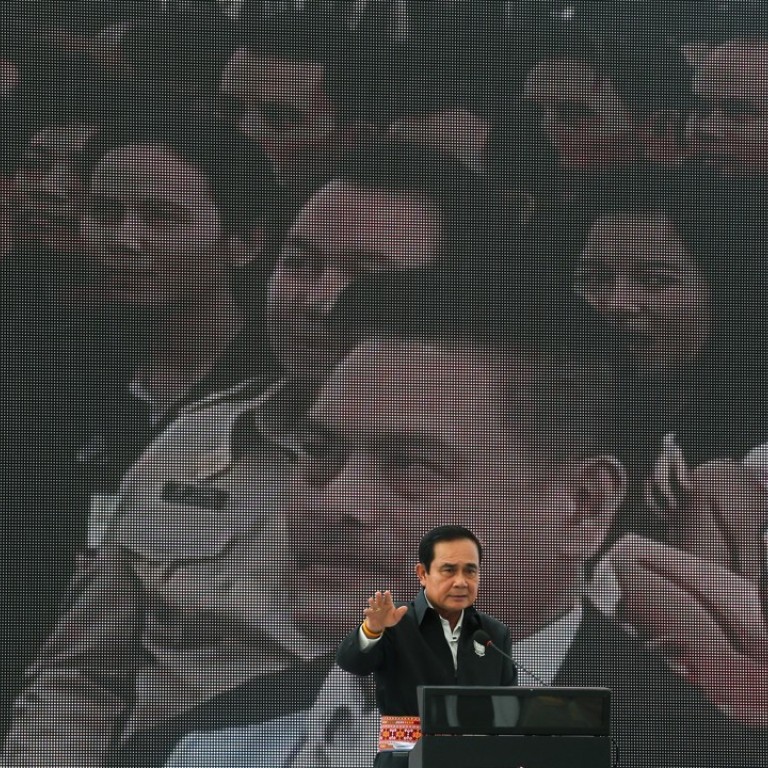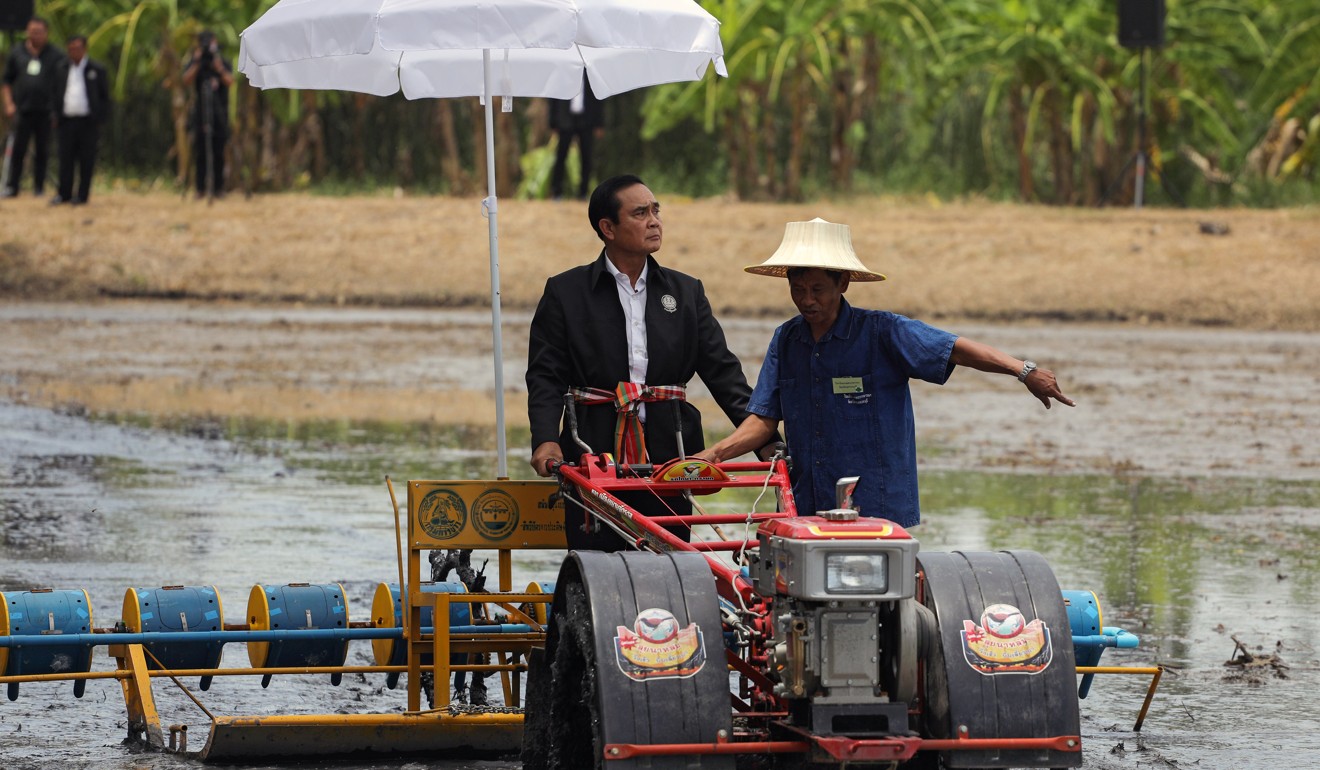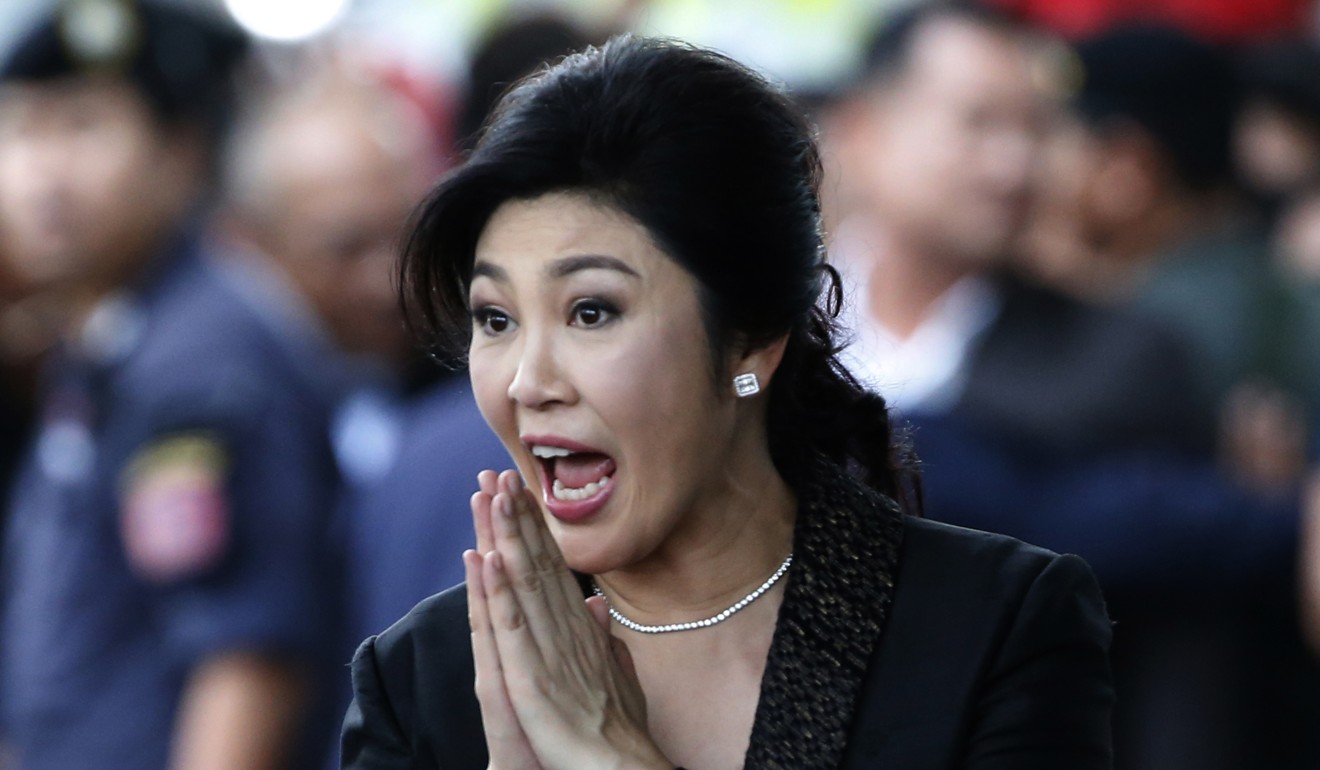
Thailand to hold election in November 2018, prime minister says
The junta has repeatedly delayed elections, citing concerns such as changes to the constitution and security issues
Thailand will hold a general election in November 2018, Prime Minister Prayuth Chan-ocha said on Tuesday, the most precise date he has given yet for the vote since taking power in a 2014 military coup.
Prayuth had promised immediately after his May 2014 coup to return power to civilians within 18 months.
That date has repeatedly slipped, and even after the vote analysts say there will be limits on democracy under the junta’s new charter.
“In November 2018 there will be an election. Is it clear?” the often gruff Prayuth told reporters, adding that he would announce the exact date next June.
He said he would also “consider the timing for relaxing conditions on political parties at the appropriate time”.
All politics and protests have been banned under Prayuth’s regime, the most autocratic Thailand has seen for a generation.
Watch: Thai PM meets Trump at the White House
The election will not restore the same level of democracy that existed before the latest military takeover in Thailand – a country that has seen more than a dozen coups since it first embraced parliamentary rule in 1932.
After seizing power the generals drafted a new charter that curbs the power of elected politicians and calls for a fully appointed upper house, with several spots reserved for military leaders.
The junta has further enshrined its governmental role by declaring that any future administration must adhere to its “legally binding 20-year-plan” for the country.
A joint statement afterwards said Trump welcomed Thailand’s commitment to hold “free and fair elections in 2018”.

That unexpected announcement caused a commotion back in the kingdom, where Prayuth initially rowed back and said only that a specific date would be announced in 2018.
He also said that Trump did not ask about political developments during their encounter.
The junta has defended its takeover and its new charter – Thailand’s twentieth since 1932 – as necessary to curb the political unrest that has rocked the nation for over a decade.
“Prayuth wants to delay the election but he knows that after the king’s cremation, there will be pressure for an election,” said Kan Yuenyong of the Siam Intelligence Unit think tank.
“This announcement for the election in November next year will act to reduce that pressure, because if not, there could be chances for protests.”

But critics say the military is far from being a neutral player and is bent on crippling the political clan led by ousted premiers Thaksin and Yingluck Shinawatra.
Chaturon Chaisang, a former minister in Yingluck’s toppled administration, cast doubt on whether the junta would stick to its latest election timeline given previous postponements.
Either way, he said, the poll would not restore the full-fledged democracy which his Pheu Thai party has pushed for.
“It just opens a chance for people to have more participation in their future than they currently do,” the politician said.
Shinawatra-backed parties have dominated electoral politics since 2001, using groundbreaking welfare schemes to secure the support of the rural and urban poor.
But they are loathed by Bangkok’s army-allied elite, who have cast them as corrupt political opportunists.
Unable to win elections, the rivals to the Shinawatras have turned to coups and court rulings to remove the clan from power.
After her government was toppled in the 2014 coup, ex-premier Yingluck was put on trial for negligence over a costly rice subsidy scheme – a case which her supporters slammed as a junta-led witch hunt.
The former premier fled Thailand in August before the court delivered its verdict and sentence.
Thaksin, who was overthrown in a 2006 coup, is also living in self-exile to avoid convictions which he says are politically motivated.
Reuters and Agence France-Presse
